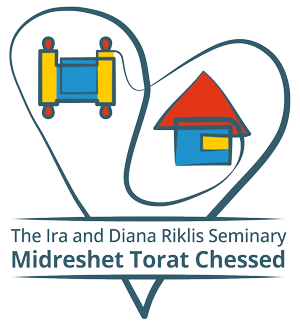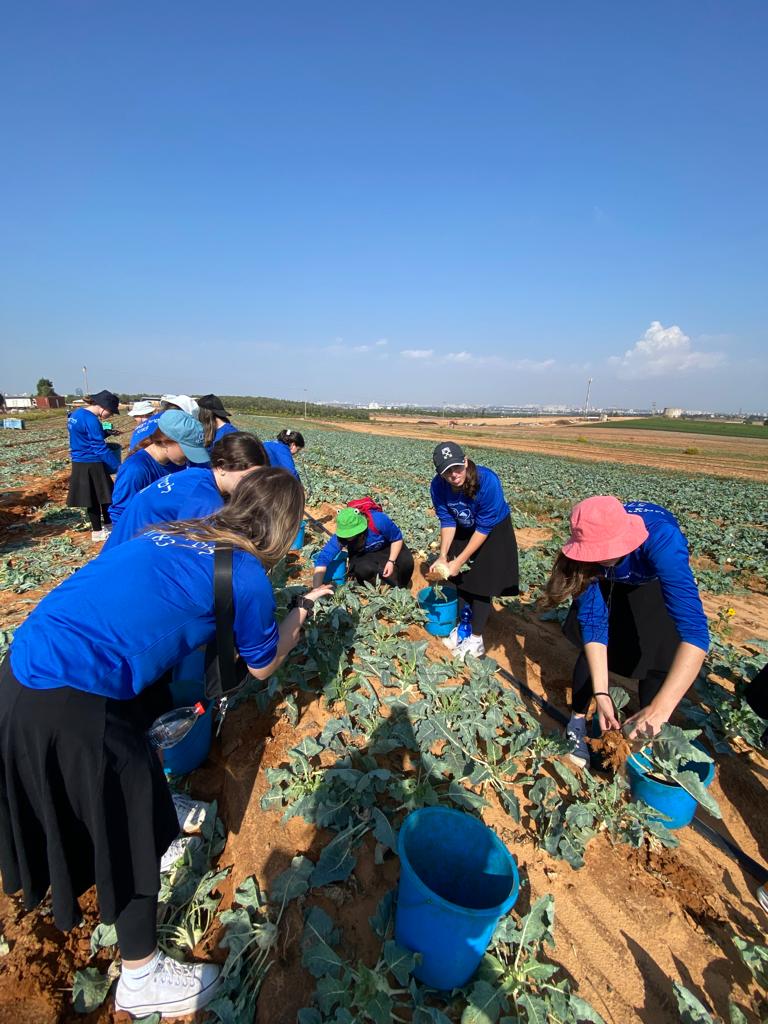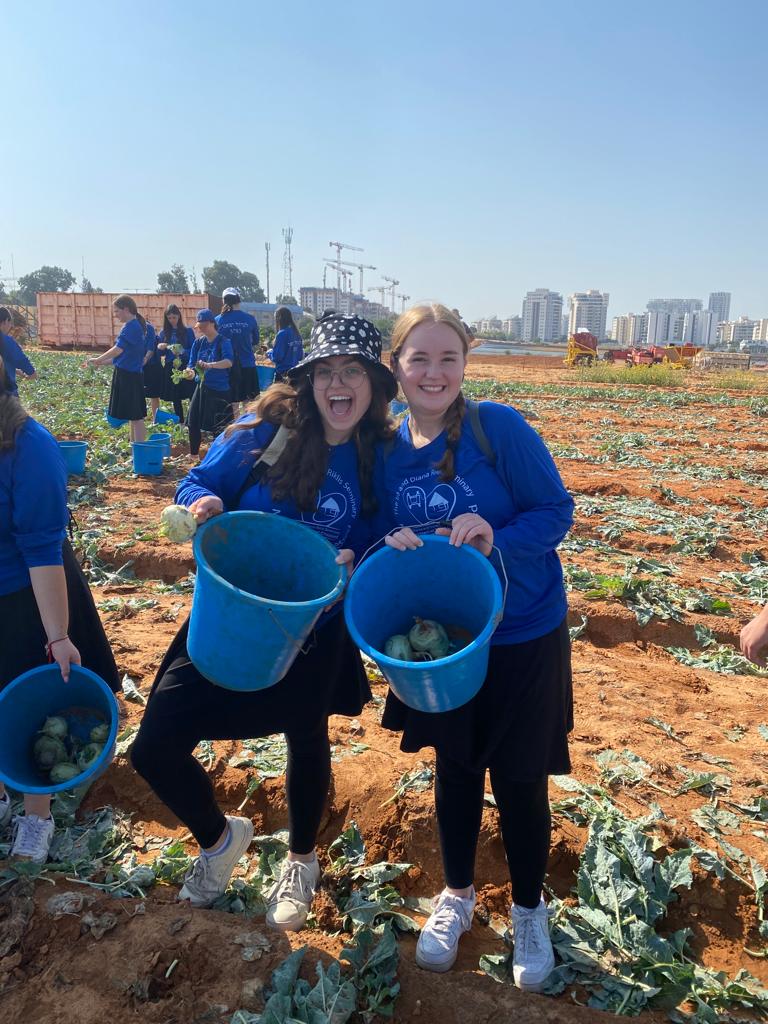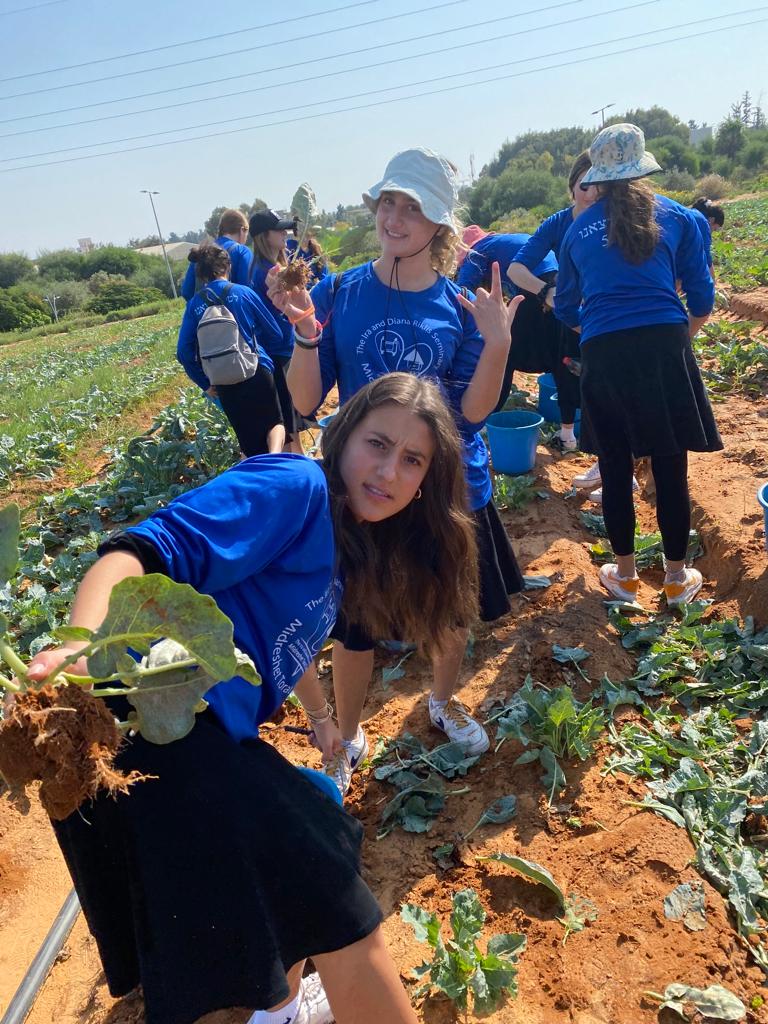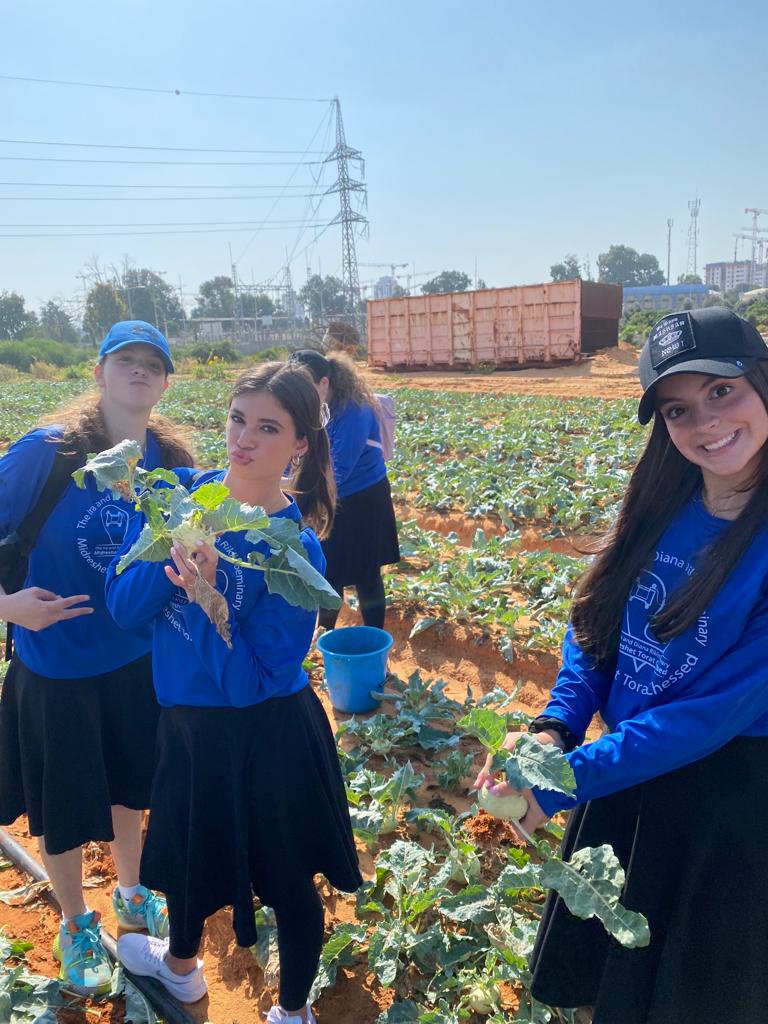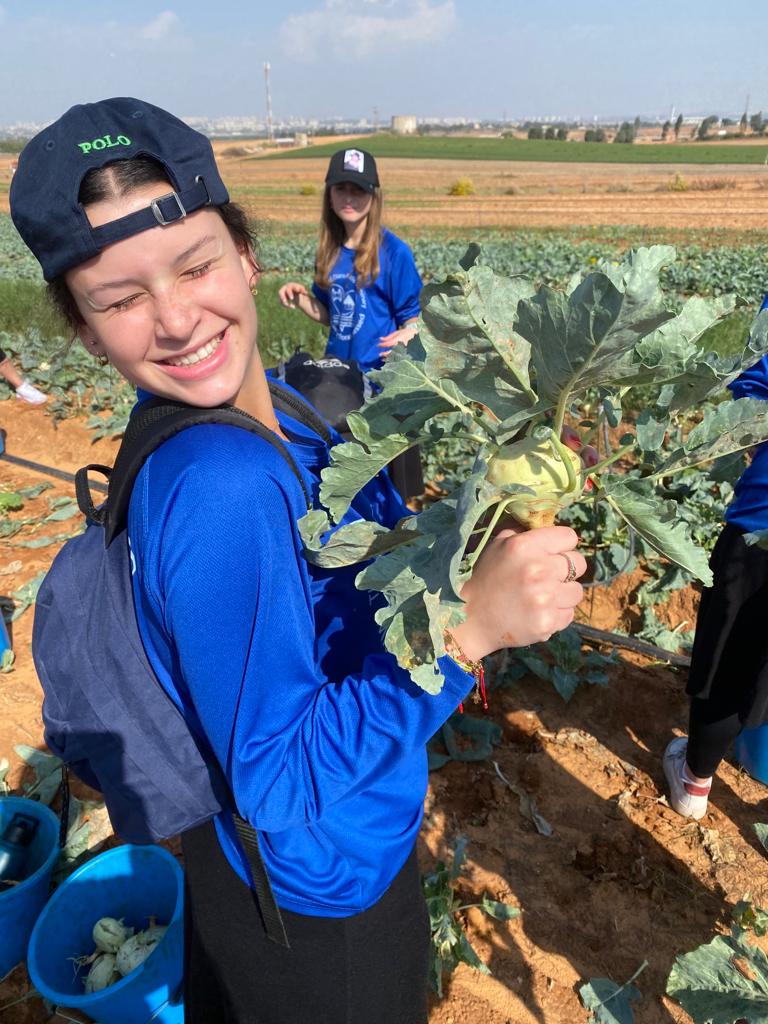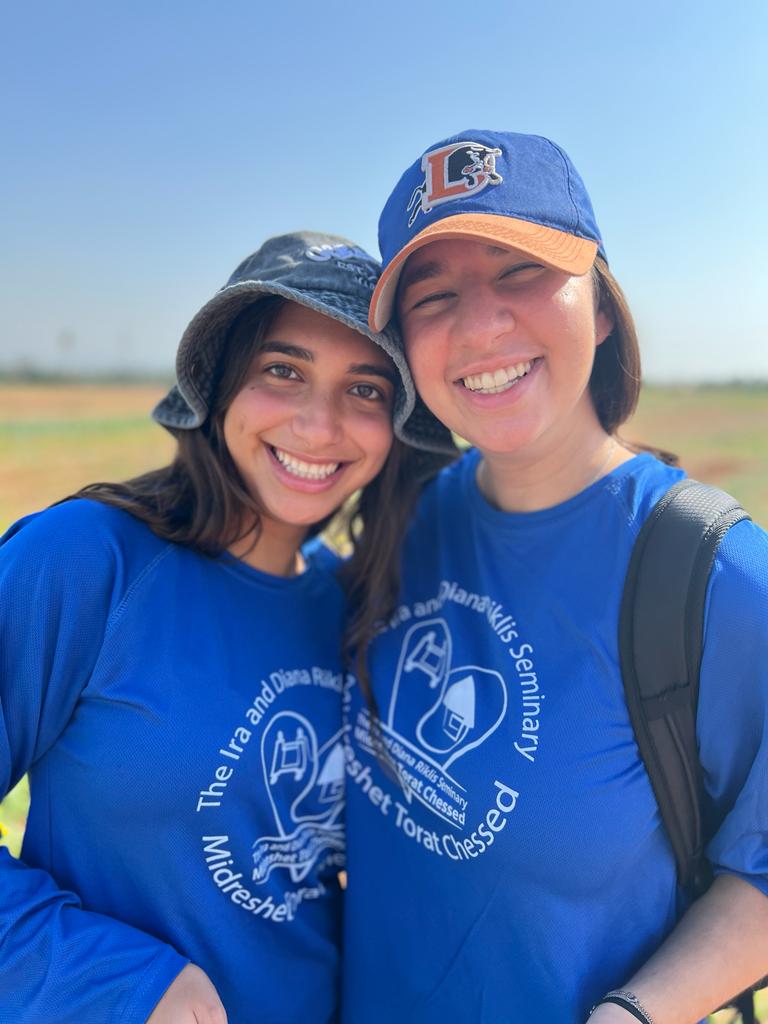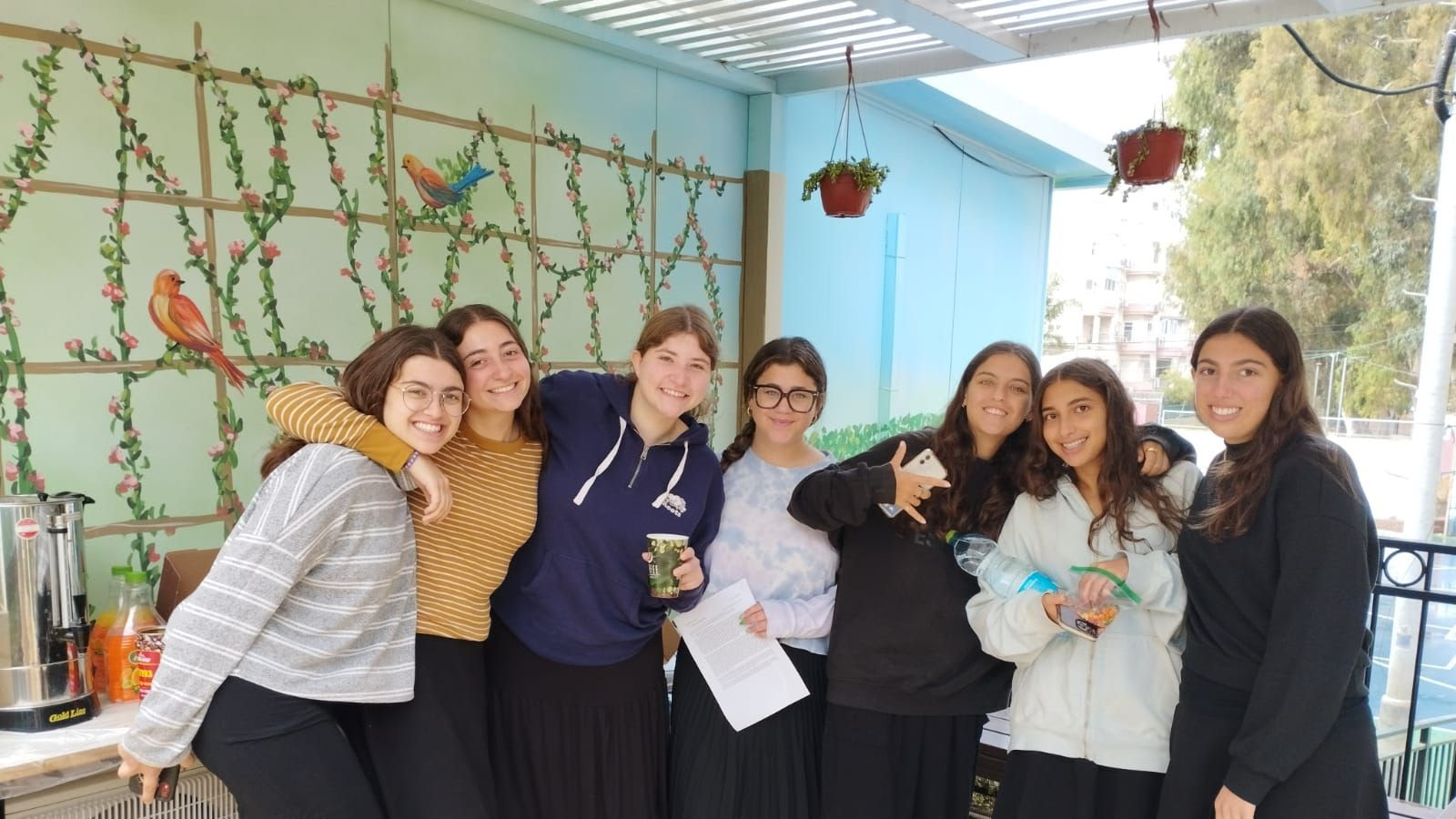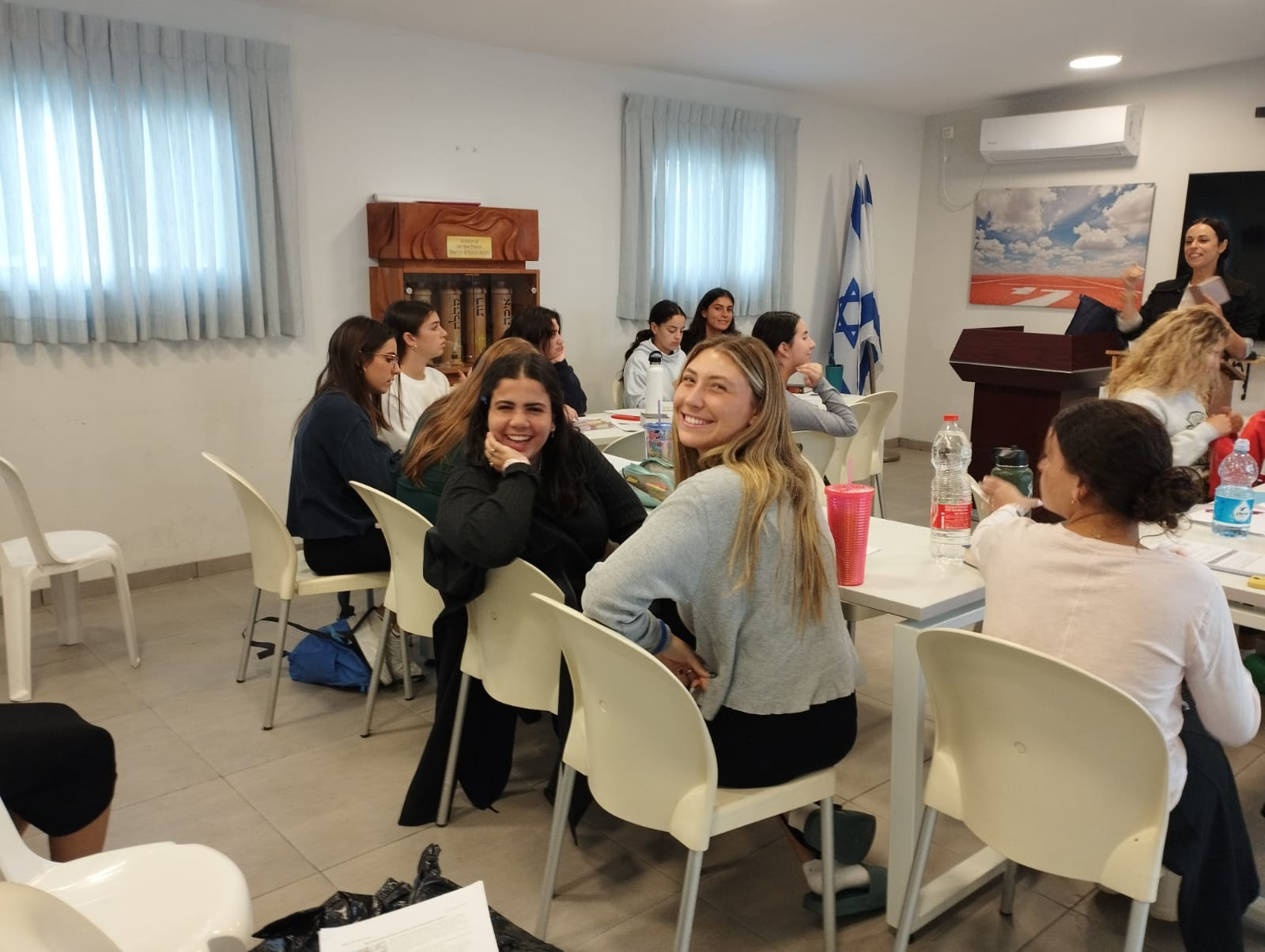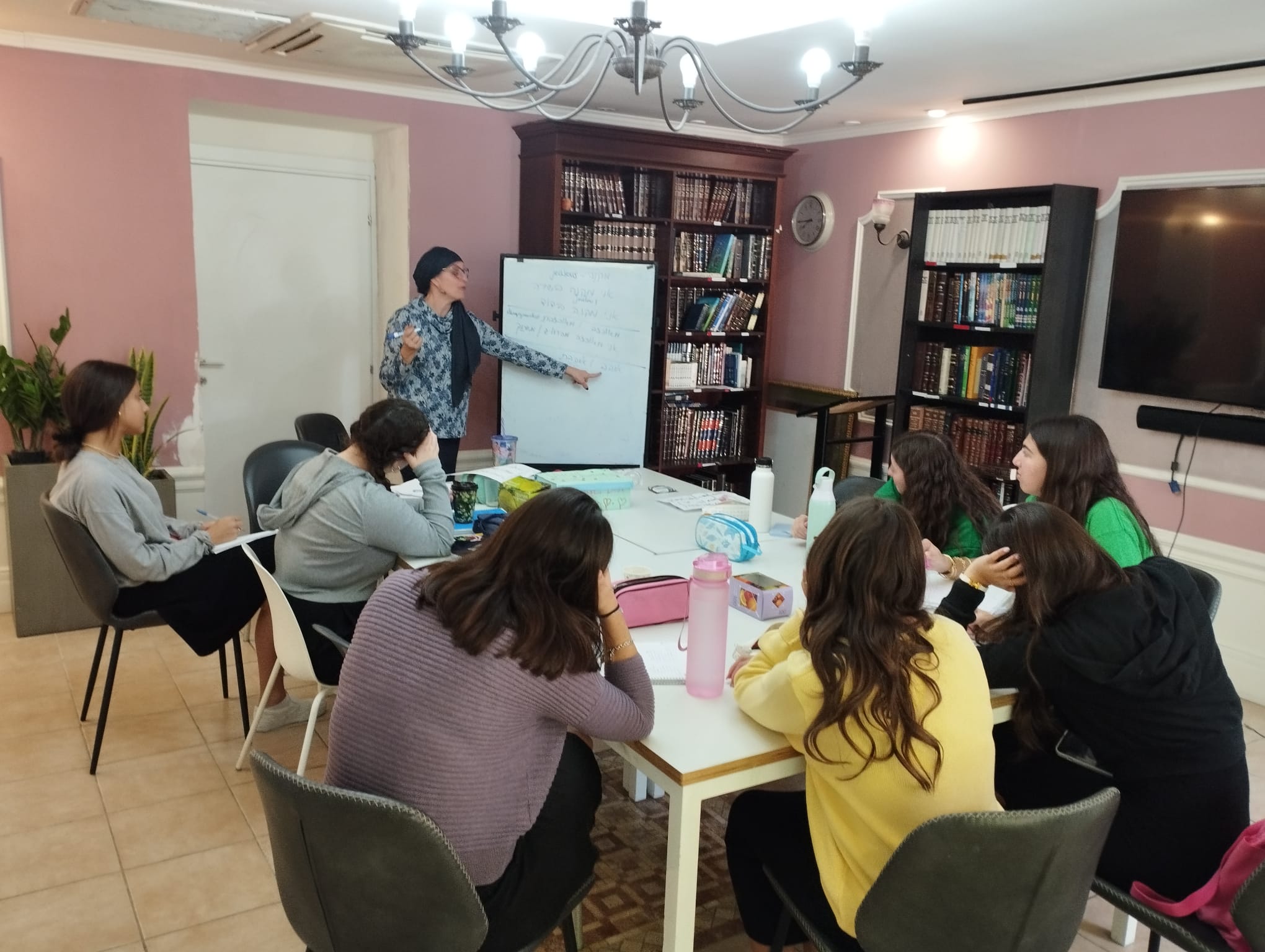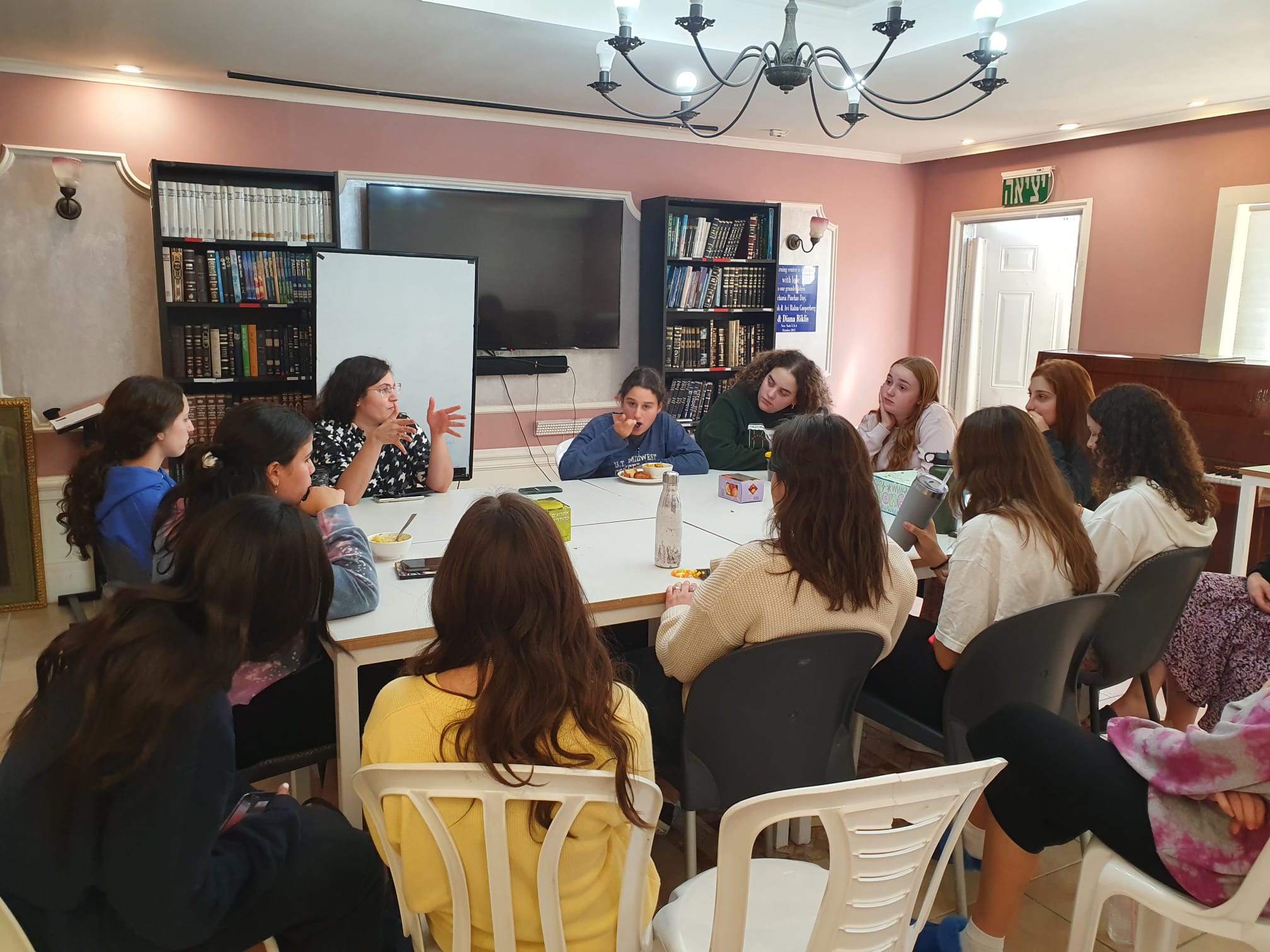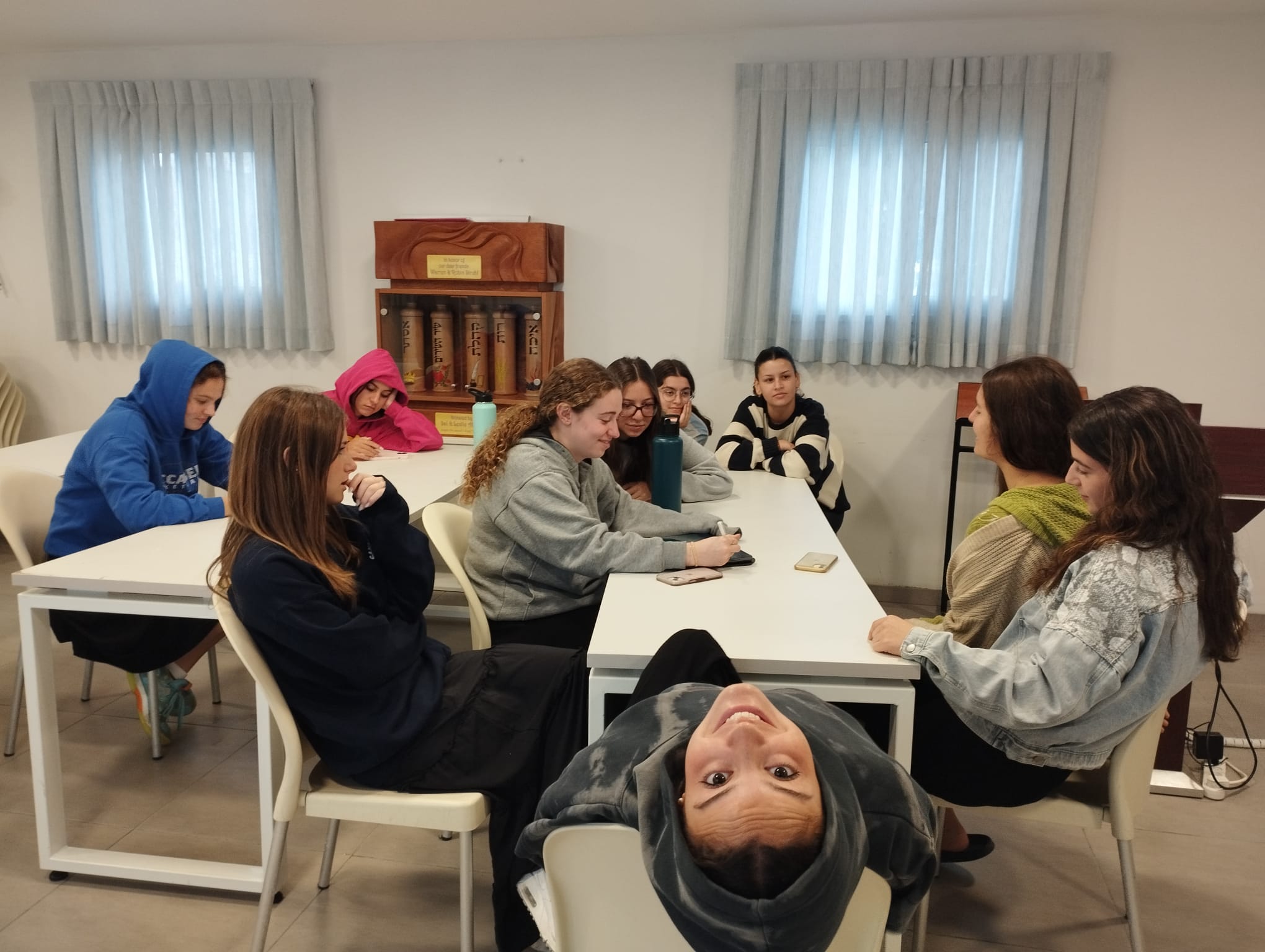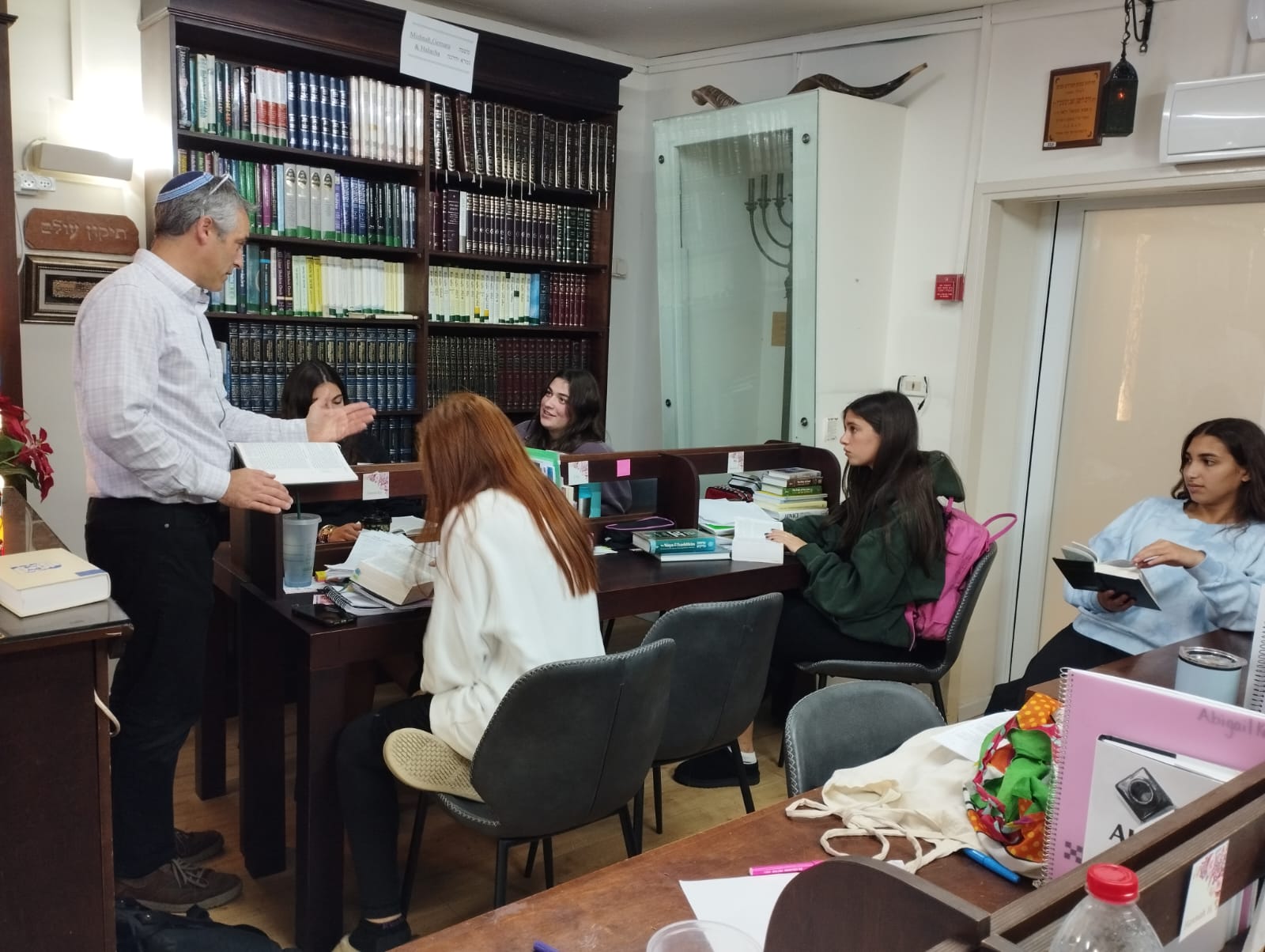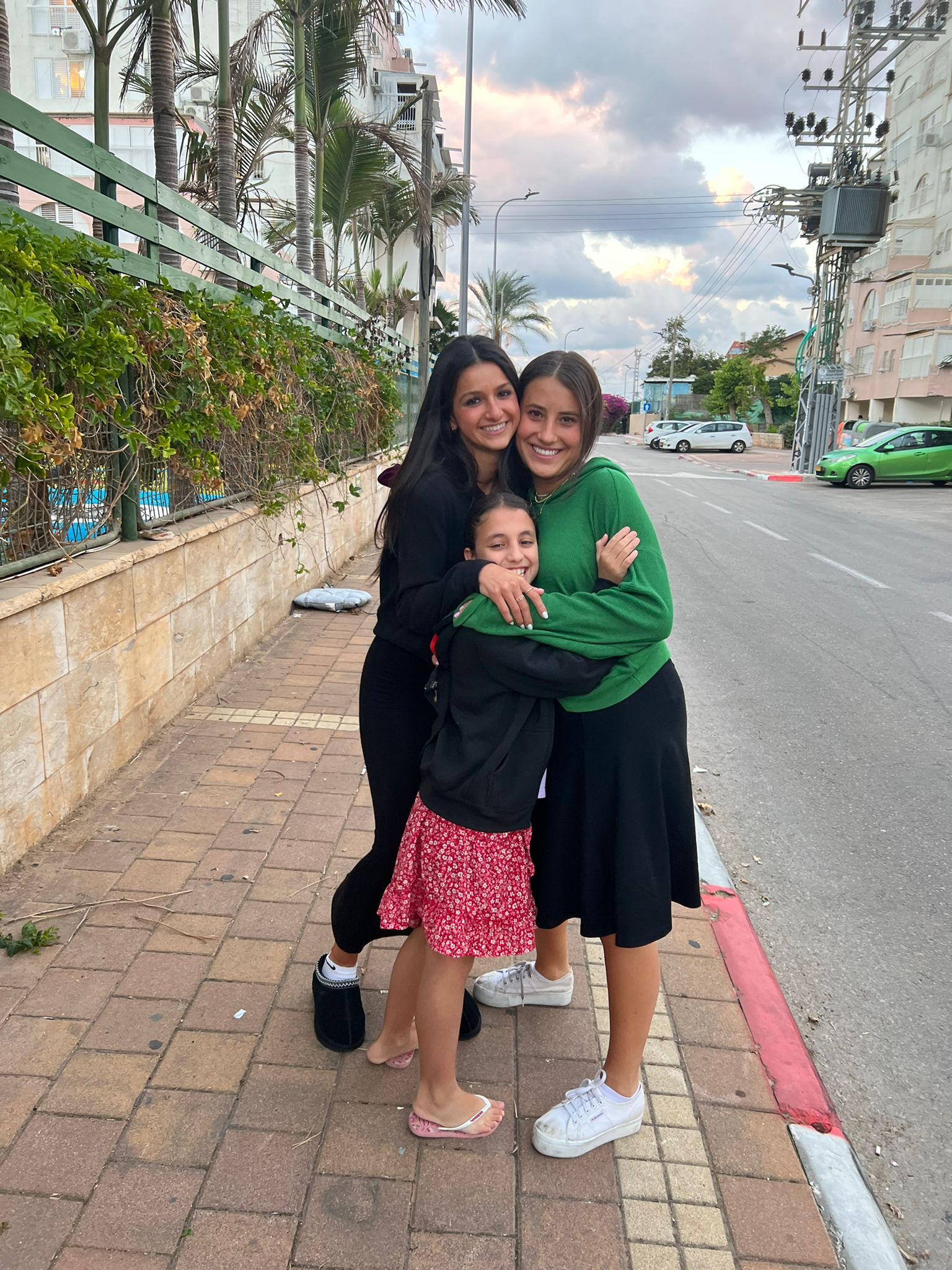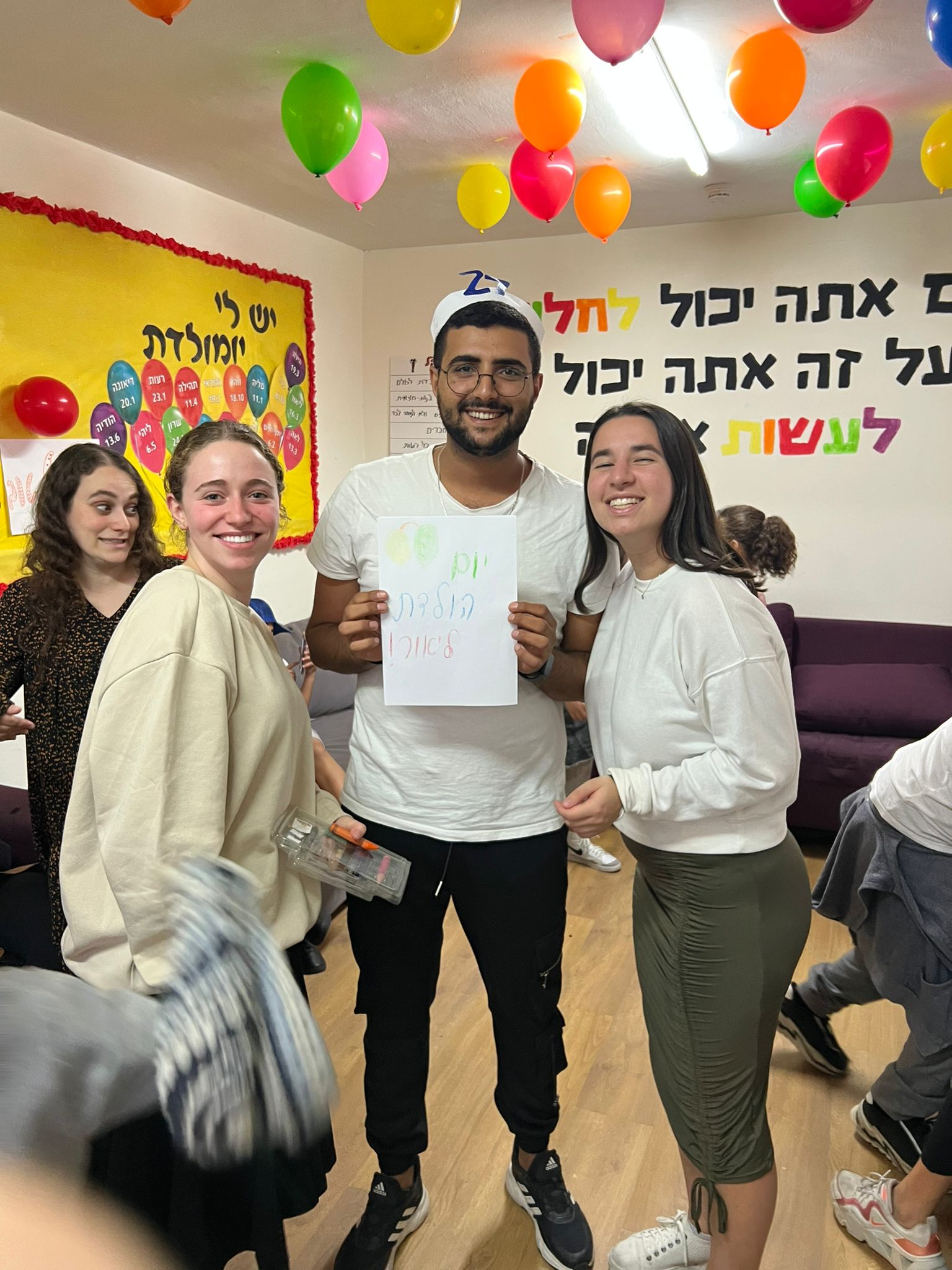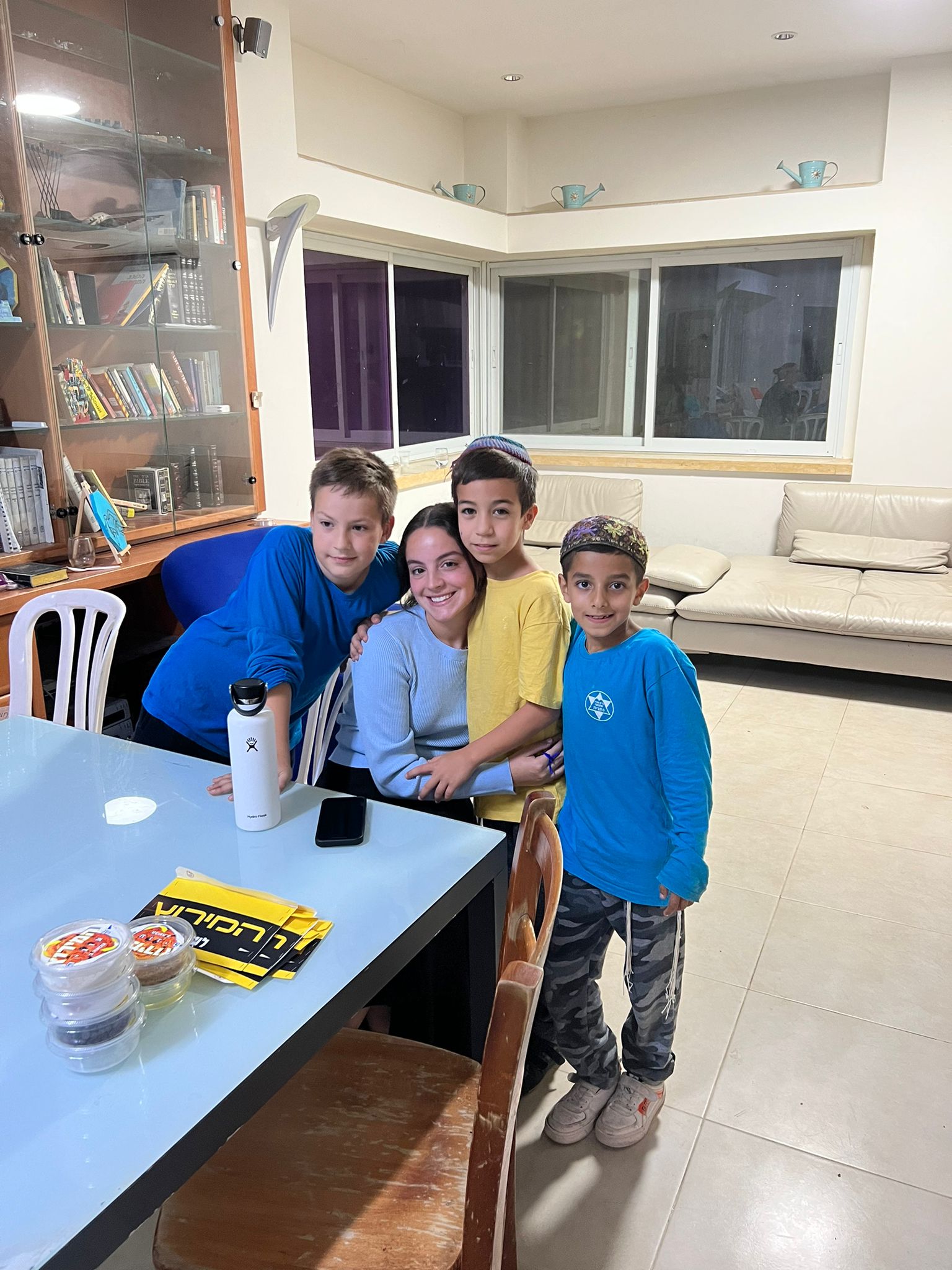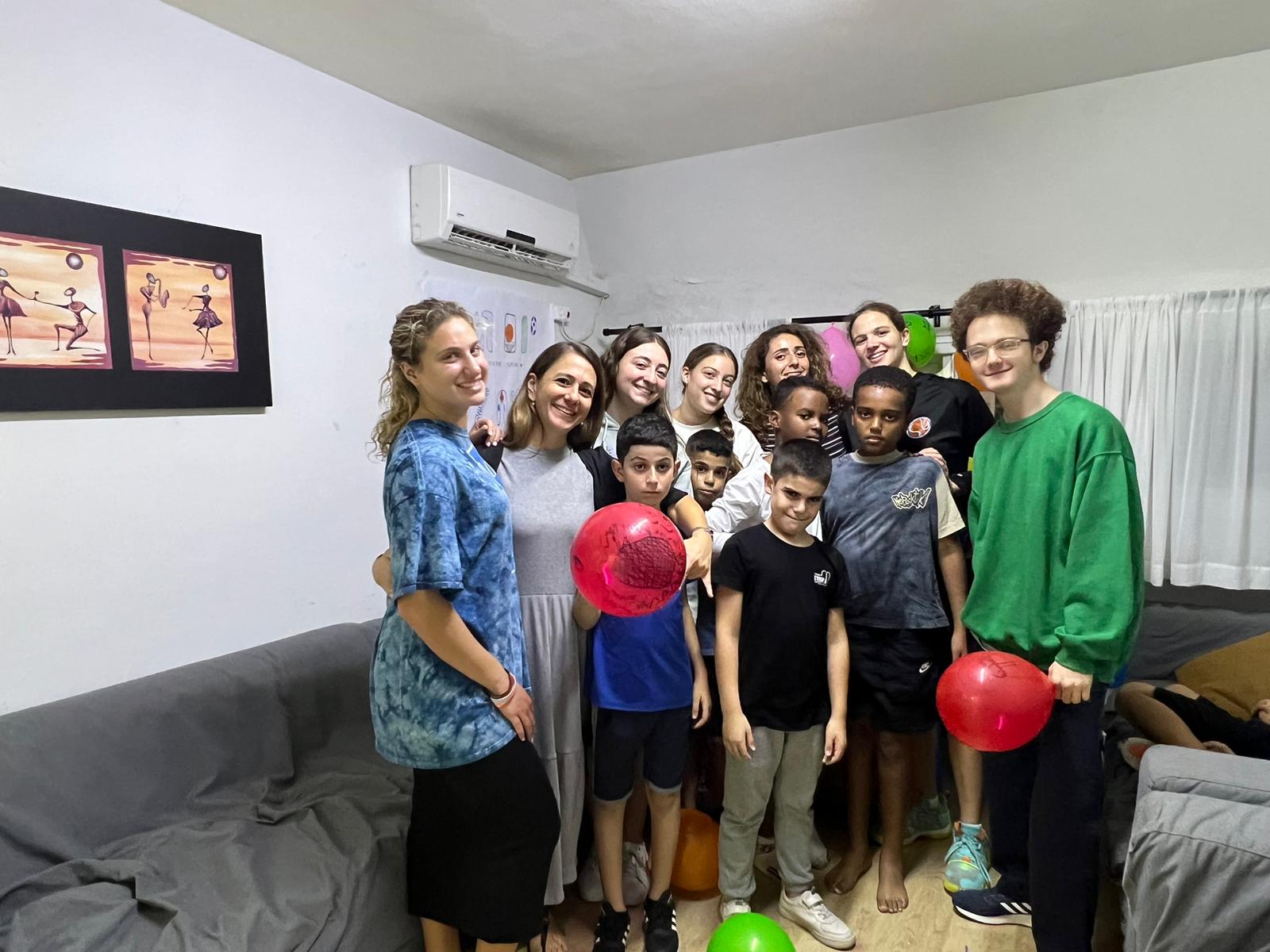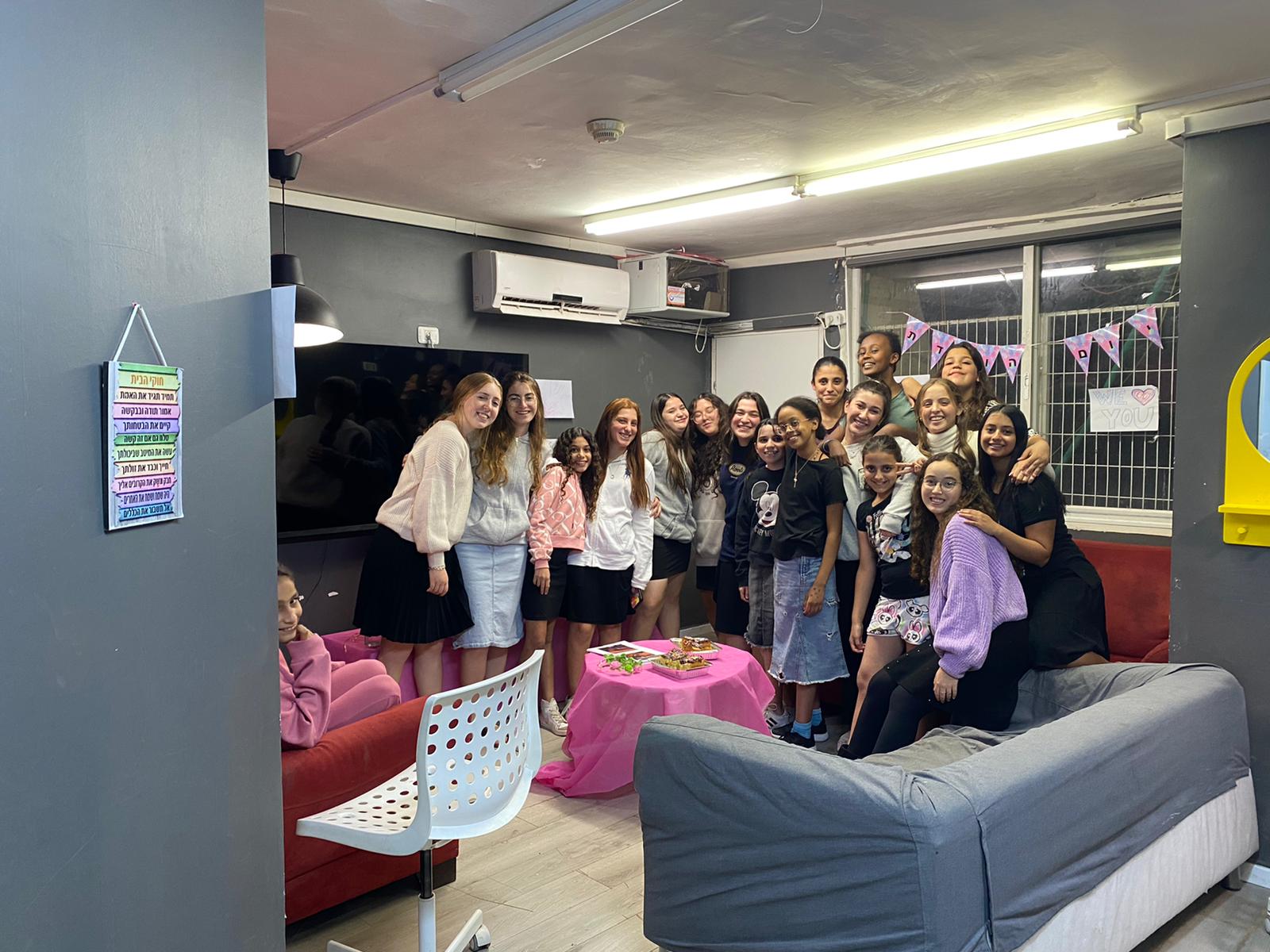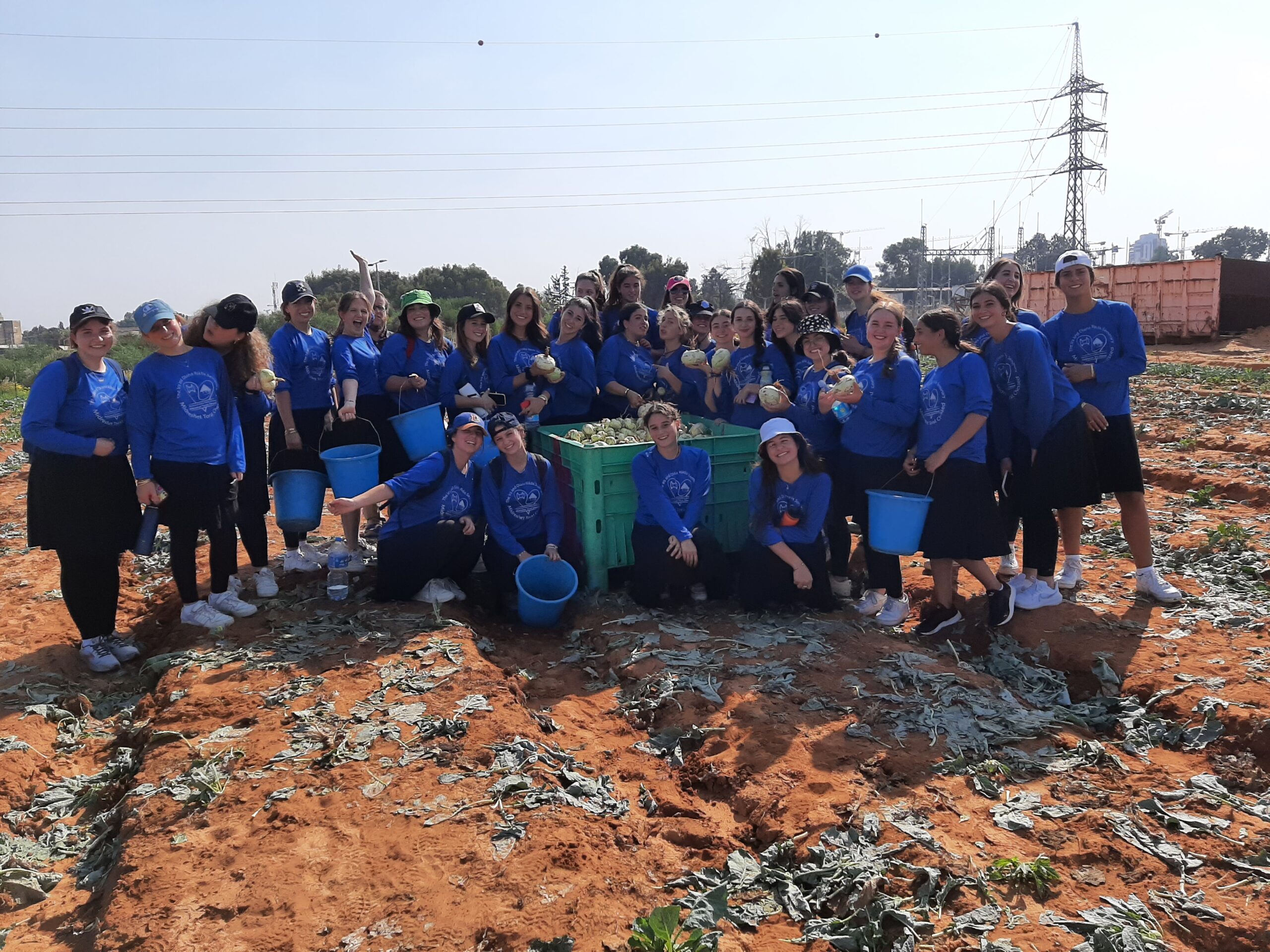
17 Nov MTC Highlights: Parshat Chayei Sarah
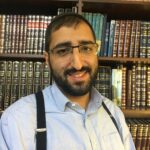
Rav Yehoshua Felberg - Educator
Parshat Chayei Sarah
The death of Sarah Imenu is a sobering event in the biblical narrative. Although the encounter with “death” goes back to the earliest chapters of Genesis, this is the first time we encounter a detailed description of the aftermath and the question of burial. Avraham has been living in Canaan, the Promised Land, for an extended period. However, he is still considered a foreigner. Accordingly, he must negotiate and acquire land from his neighbours before he can finally bury his beloved wife, Sarah. Avraham is not given time to properly mourn his loss in an extended fashion. Instead, Avraham is forced to enter into business negotiations, to buy and sell! Tradition tells us there is no rest for the righteous in this world or the next.
A few short years ago one of the great lights of the generation passed. Rabbi Jonathan Sacks.
Rabbi Sacks, for English speaking Jews in particular, made the Torah relevant, accessible and understandable. He challenged us to learn and to discover our tradition and heritage anew. He taught us to be Jews grounded in tradition and to set an example, be an ohr lgoyim which the world could look to and take inspiration from.
Rabbi Yossy Goldman, a young Rabbi from South Africa who Rabbi Sacks inspired, related a story. Once Rabbi Sacks was asked a question. What question is the Rabbi asked more than any other? Rabbi Goldman expected Rabbi Sacks answer to be a question of great philosophical and moral depth. Where was G-d in Auschwitz? Why do bad things happen to good people? Why do miracles not happen in our generation? However, the most asked question Rabbi Sacks received was “Rabbi, do you remember me?”. Rabbi Sacks related it was very rare that when asked that question, he was unable to place someone, if not by name but by a location, familial connection or some other relevant data. We see similar stories of other great spiritual leaders, the Lubavitcher Rebbe, Rabbi Ovadia Yosef, individuals who met not hundreds but thousands of people. They expended great effort in remembering faces, people, who they were, and what their story was.
Why is this? Great scholars who occupy themselves with the questions of life and death, divinity and eschatology- why invest so much effort in remembering people. Why in fact invest any effort in helping the average person whose problems all too often must seem small and parochial compared to the dramatic world stage these great leaders found themselves on.
This inclination to care for others and to validate them, even just by saying we remember them, is part of our Jewish DNA. The DNA that we received from Avraham and Sarah. When Avraham sent Eliezer to find a wife for his son Yitzhak it was not the scholarship, strength, beauty or wealth that convinced Eliezer that Rivka was destined to marry Yitzhak. It was her characteristic of kindness. Eliezer, Avraham’s servant, saw the selfless way Rivka looked after the camels and people who came to drink at the well. Such behaviour is what helped Eliezer connect the dots. This would be the new generation of kindness; the Torch would be handed from Avraham and Sarah to Rivka and Yitzhak.
Such truth is reflected in the title of this week’s parsha “Chayei Sarah”. Sarah dies at the beginning, yet we introduce the parsha and talk about her as living! Why? Those who perform mitzvot are considered as though they are alive while those who do not are considered dead. But more than that, a person’s success in this life is judged not by the wealth they amass or the seniority they attain- but by the impact and inheritance they leave behind.
Pirkei Avot affirms this. There are three crowns and the כתר שם טוב , the crown of a good name, surpasses them all. This crown, the crown of the good name, is our legacy of good deeds and kindness that we leave to our community and descendants. May we all merit to hold and wear such a crown in our lifetimes and beyond.
Shabbat shalom.

Student Reflection
Jordana Friedman - New Rochelle, NY - SAR, NY
This past week was filled with meaningful experiences. We had a tiyul on Sunday to Leket Israel and the Bullet Factory.
At the Bullet Factory, I learned all about how Israelis had to secretly manufacture bullets during the War of Independence in cramped underground quarters. It was an eye-opening experience.
I also picked vegetables with Leket Israel for distribution to poor families. I felt in touch with the land (literally) and I helped people. I’m so lucky to be in a seminary that values the Land of Israel and the importance of giving and chessed. This chesed culture is slowly becoming a vital part of my everyday life. It makes me a more selfless person and an engaged Jew.
Last week we learned our kids’ background stories. It was a very emotional experience and it reminded me why I’m dedicating my year to this project. Simply playing with a kid, can show them the love they have been missing for a lifetime.
Over the next couple of weeks, I hope to spend more time with my kids and grow my personal connections with them. I also hope to expand my learning in Halacha.


